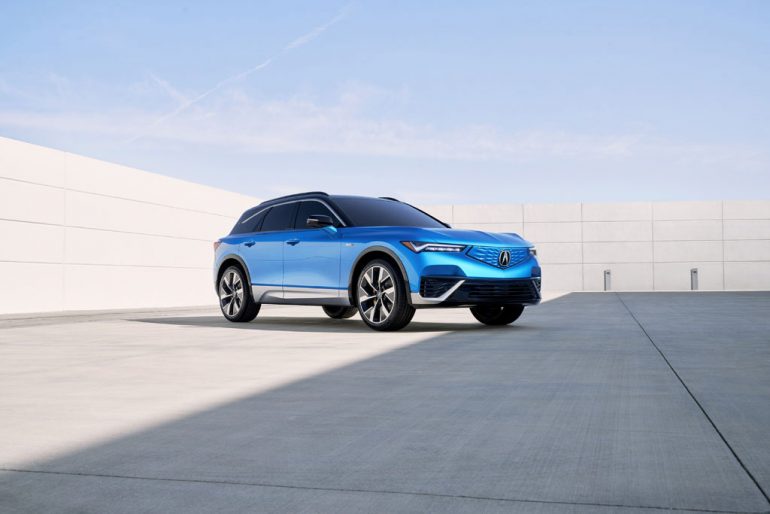
In a groundbreaking move towards enhancing the electric vehicle (EV) ecosystem in North America, Honda Motor Co., Ltd. has announced its official adoption of Tesla’s North American Charging Standard (NACS) for the charging ports of its forthcoming EV models. This landmark agreement, forged with Tesla, Inc., represents a significant stride towards the evolution of EV technology and infrastructure.
With the growing demand for sustainable transportation solutions, Honda is poised to make its mark on the EV landscape. In 2025, Honda will introduce a brand-new EV model specifically designed for the North American market, equipped with the cutting-edge NACS port. We recently posted that Honda and Acura planning to adopt Tesla NACS standard for new EVs. Now, this official commitment signifies Honda’s dedication to the principles of electrification and its aspiration to create a greener future for mobility.
Also, don’t forget that you can get discounted new car pricing with a free quote through qualified local dealer partners.
To ensure a smooth transition towards the NACS standard, Honda is diligently working on retrofitting its existing EV models, scheduled for launch before 2025, with a Combined Charging System (CCS) port. These vehicles will also be made compatible with the NACS through the use of a charging adapter. This means that both current and future Honda EV owners will enjoy the convenience of using Tesla Supercharger stations, bolstering the charging network across North America.
Honda’s commitment to providing a robust charging infrastructure is further demonstrated by its participation in a joint venture among seven automakers. Together, they are undertaking the ambitious task of constructing a high-powered charging network dedicated to EVs. This joint initiative underscores Honda’s dedication to facilitating widespread EV adoption while striving towards its goal of achieving carbon neutrality.
In embracing Tesla’s NACS standard, Honda is not only keeping up with industry trends but also ensuring that its customers have access to reliable and convenient charging options. This move is part of Honda’s broader mission to support the global shift towards sustainable transportation and reduce the carbon footprint associated with conventional vehicles.